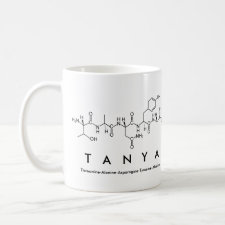
Authors: Piletsky SA, Piletska EV, Sergeyeva TA, Nicholls IA, Weston D, Turner APF
Article Title: Synthesis of Biologically Active Molecules by Imprinting Polymerisation.
Publication date: 2006
Journal: Biopolymers and Cell
Volume: 22
Issue: (1)
Page numbers: 63-68.
Alternative URL: http://www.biopolymers.org.ua/archive/2006/01/ru/B&C%20v22(2006)%20n1%20p63-67.pdf
Abstract: Highly cross-linked molecularly imprinted polymers (MIPs) are synthetic materials with properties mimicking those of natural receptors. Here we describe an ability of MIP nanoparticles to manifest biological activity. Imprinted polymers were polymerised in the presence of herbicide binding D1 protein, ground and separated from the template by washing and ultrafiltration. We found that MIP nanoparticles retained affinity to the template. Moreover, imprinted polymers were able to activate chloroplast photosystem in in vitro experiments. This provides the first example of the use of imprinted polymers for the attenuation of a biological system and opens the possibility for their use in pharmacology, biotechnology and medicine.
Template and target information: D1 protein



Join the Society for Molecular Imprinting

New items RSS feed
Sign-up for e-mail updates:
Choose between receiving an occasional newsletter or more frequent e-mail alerts.
Click here to go to the sign-up page.
Is your name elemental or peptidic? Enter your name and find out by clicking either of the buttons below!
Other products you may like:
 MIPdatabase
MIPdatabase









